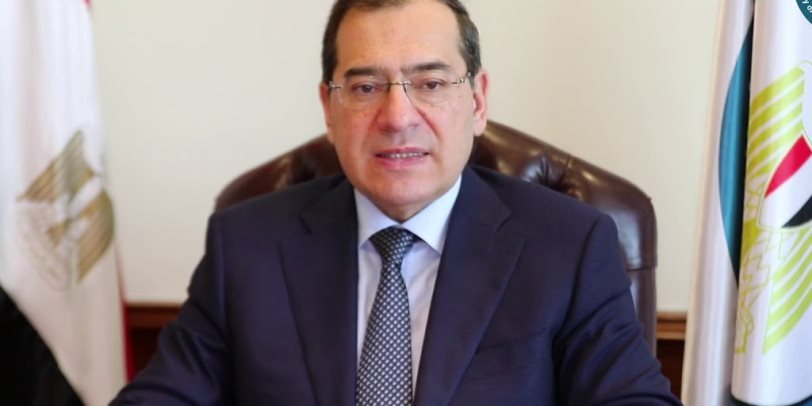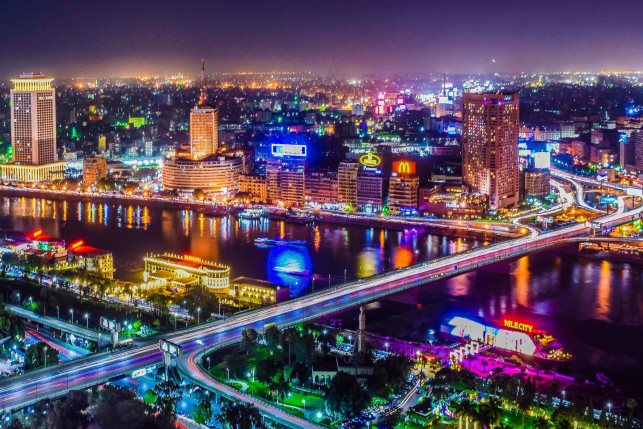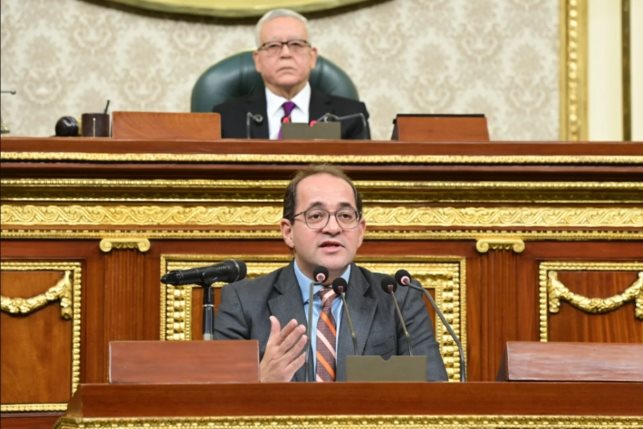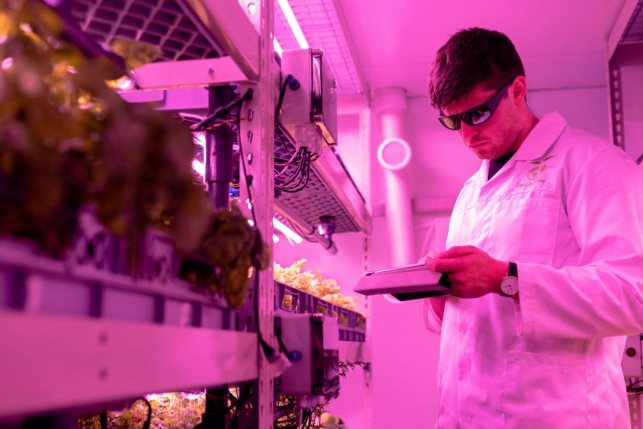Egypt's strategic natural gas vision boosts energy security, economic prosperity
Egypt's unique and robust natural gas infrastructure, central to production and consumption regions, significantly supports efforts to maximize economic gains from its geographical location.
 Egypt's unique and robust natural gas infrastructure, central to production and consumption regions, significantly supports efforts to maximize economic gains from its geographical location - File Photo
Egypt's unique and robust natural gas infrastructure, central to production and consumption regions, significantly supports efforts to maximize economic gains from its geographical location - File Photo
The recent years have seen the implementation of a visionary plan to develop Egypt's natural gas resources. This initiative, led by Engineer Tarek El Molla, Minister of Petroleum and Mineral Resources, has attracted investments and project execution, placing gas discoveries firmly on the production map. As a result, natural gas has emerged as a primary source of energy, meeting the diverse needs of various sectors.
During the General Assembly of the Egyptian Holding Company for Natural Gas (EGAS), the Minister emphasized the nation's responsibility towards its citizens, necessitating concerted efforts to maximize energy resources and ensure their benefit for all. Challenges stemming from population growth and economic and industrial expansion have underscored the need to diversify energy sources, a commitment the Egyptian government has addressed by expanding the use of renewable energy alongside traditional ones like natural gas.
Minister El Molla underscored the importance of enhancing energy efficiency across sectors, optimizing consumption, and raising awareness of energy conservation. These actions are vital for preserving energy resources and aligning with Egypt's international commitments to reduce emissions and reshape its energy mix.
Furthermore, Egypt's unique and robust natural gas infrastructure, central to production and consumption regions, significantly supports efforts to maximize economic gains from its geographical location.
Dr. Magdy Galal, the CEO of EGAS, highlighted key achievements in the natural gas sector during the fiscal year 2022/2023. Notably, EGAS conducted a global bid round in 2022 for natural gas exploration in 12 sectors, including six in the Mediterranean and six in the Nile Delta. The assessment of all bids has recently been completed, and the results were announced.
EGAS has also advanced in the issuance of 11 exploration agreements, signing nine agreements and working on the enactment of specific laws for two more. These agreements represent approximately $30 million in signature bonuses and total investments of $925 million. Additionally, a 3D seismic survey has been conducted over an area of about 4,000 km² in the Mediterranean, covering the Neptun and North Rafah marine regions, with ongoing work on a regional 3D seismic survey in the western Mediterranean spanning approximately 10,500 km².
In terms of exploration, eight exploration wells were drilled, resulting in five new natural gas discoveries in the Mediterranean and Nile Delta. The total reserves from these new discoveries reached 2 trillion cubic feet of gas and 23 million barrels of condensates.
Furthermore, six projects have been initiated for the development and production of gas from the newly discovered fields, with 36 production wells established. These wells collectively produce 666 million cubic feet of gas and approximately 17,000 barrels of condensates daily, at an estimated investment cost of about $738 million.
The average daily production of natural gas in Egypt has reached approximately 6.2 billion cubic feet, while the daily domestic consumption averages about 5.9 billion cubic feet. This consumption is distributed among sectors, with 57% for electricity, 25% for industry, 10% for petroleum and gas derivatives, 6% for households, and 2% for automotive fuel supply.
In terms of natural gas expansion, approximately 14 million housing units across Egypt have benefited from natural gas, with 5 million units connected in the past five years.





